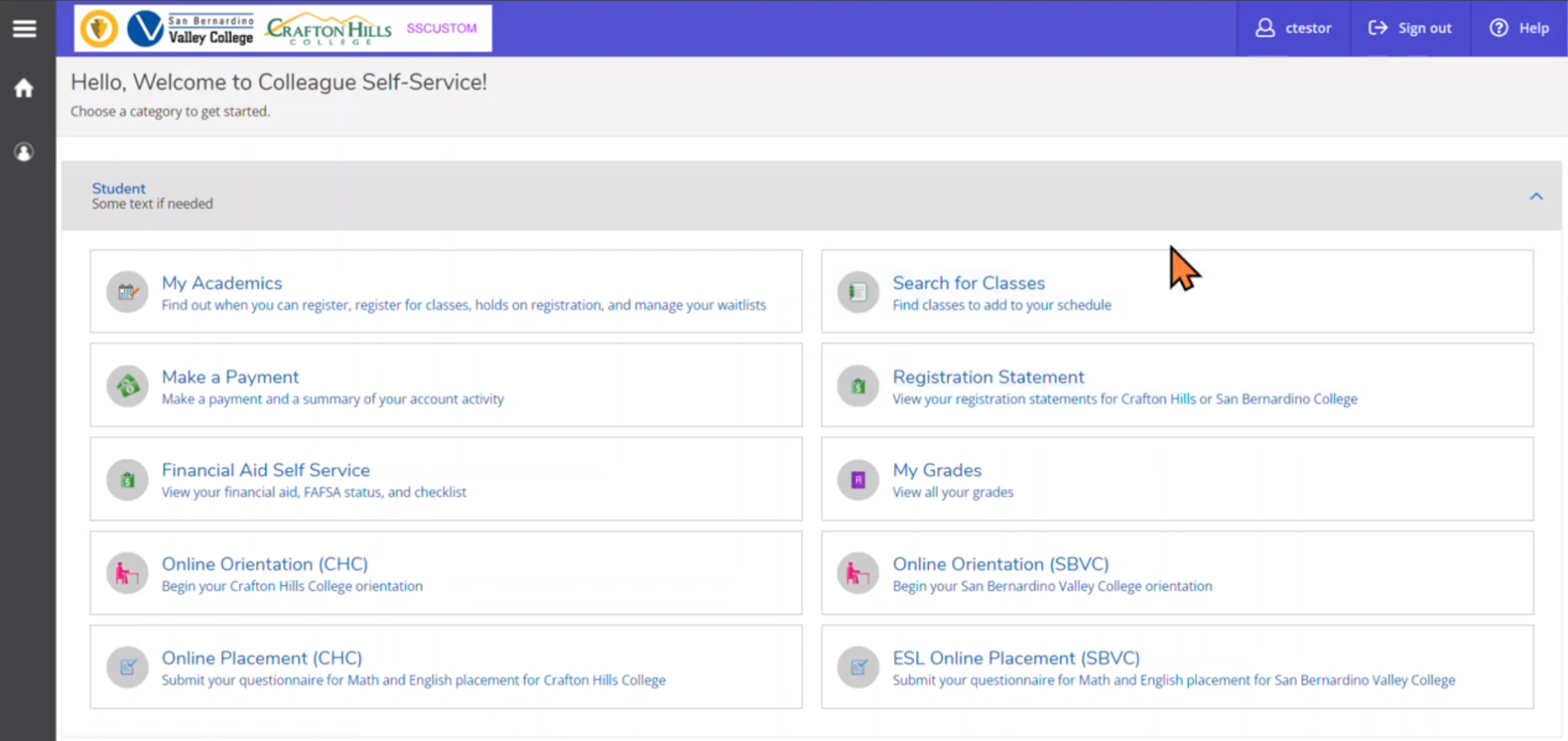CHC Distance Education
“Distance education” means education that uses one or more of the technologies listed
below to deliver instruction to students who are separated from the instructor(s)
and to support regular and substantive interaction between the students and instructor(s)
either synchronously or asynchronously. Technologies that may be used to offer distance
education include:
(1) The internet;
(2) One-way and two-way transmissions through open broadcast, closed circuit, cable,
microwave, broadband lines, fiber optics, satellite, or wireless communications devices;
(3) Audio conference; or
(4) Other media used in a course in conjunction with any of the technologies listed
above.
The definition of “distance education” does not include correspondence courses.
“Accessible” means a person with a disability is afforded the opportunity to acquire the same information, engage in the same interactions, and enjoy the same services as a person without a disability in an equally effective and equally integrated manner, with substantially equivalent ease of use. The person with a disability must be able to obtain the information as fully, equally and independently as a person without a disability. Although this might not result in identical ease of use compared to that of persons without disabilities, it still must ensure equal opportunity to the educational benefits and opportunities afforded by the technology and equal treatment in the use of such technology.
Authority cited: Sections 66700 and 70901, Education Code. Reference: Sections 70901 and 70902, Education Code; Title II of the Americans with Disabilities Act (42 U.S.C. § 12100 et seq.); section 508 of the Rehabilitation Act of 1973, as amended, (29 U.S.C. § 749d; title 29 United States Code section 794d; and title 34 Code of Federal Regulations section 600.2.
DE courses at Crafton Hills College are categorized as follows:
Online
Students enrolled in an asynchronous online course can expect to complete coursework on their own schedule, though regular deadlines will usually apply. Materials are typically available through the Learning Management System (Canvas). Students communicate most frequently with their instructor and peers through the LMS. There are typically no mandatory live or in-person meetings, though there may be requirements for proctored exams and assignments.
Partially Online or Hybrid
These courses have some scheduled on-campus class meetings while other work is completed in the online format. Students will expect to utilize the Learning Management System (Canvas) for some of their work.
Remote
Remote classes are another form of distance education. Classes offered in this format make use of 2-way video technology such as Zoom. Students should expect regular class meetings, but may participate from anywhere they have internet access. Most remote classes also make use of the Learning Management System (Canvas).
Emergency Remote Instruction
In the event of an emergency that causes the campus to close for an extended period, instruction may shift from traditional on-campus instruction to remote or online instruction. Classes will return to campus if/when the emergency situation has resolved.
